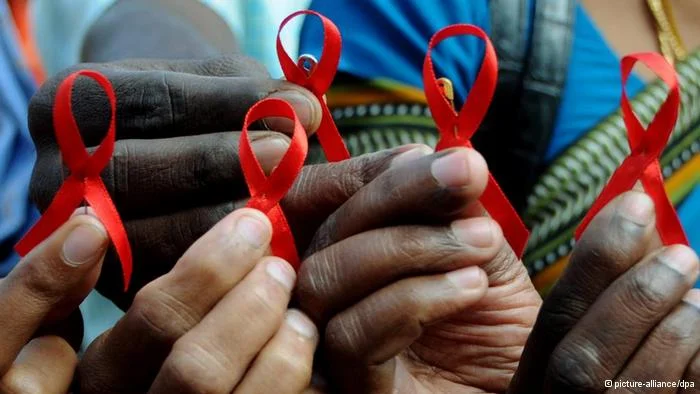
The National Agency for Food and Drug Administration and Control (NAFDAC) has appointed Cotecna Inspection Services (CIS) as a Clean Report of Inspection and Analysis (CRIA) agent in India to strengthen its fight against the importation of substandard and falsified medicines from India and China.
The announcement was contained in a statement sent to The Guardian on Sunday, April 6, 2025, by the agency’s Resident Media Consultant, Sayo Akintola.
According to the statement, the new appointment is part of efforts to expand NAFDAC’s pre-shipment regulatory control under the CRIA Scheme, which is already operational in both countries.
The Director-General of NAFDAC, Prof. Mojisola Adeyeye, who spoke during a hybrid technical meeting in Lagos, explained that the appointment of Cotecna followed the review and restructuring of the CRIA scheme under her leadership.
READ ALSO: NAFDAC urges healthcare stakeholders to combat substandard products
“These measures were implemented to strengthen the CRIA scheme, enhance efficiency, and bolster the fight against counterfeit and substandard products,” she said.
She noted that India and China have remained major sources of falsified and substandard medicines entering Nigeria, and that the CRIA system is critical in screening products before shipment.
“CRIA is aimed at preventing the importation of substandard and falsified medicines and other regulated products into Nigeria,” Adeyeye added.
She further disclosed that the newly appointed Cotecna would join four other CRIA agents already operating in India. The total number of agents across India and China now stands at nine, with four based in China.
“In the last five years, CRIA agents have successfully stopped nearly 200 consignments of products that failed laboratory testing at the country of origin and prevented shipments that did not meet NAFDAC’s documentation and labelling requirements,” the statement said.
Adeyeye listed some key responsibilities of CRIA agents to include product-specific testing, physical inspection, documentation verification, and reporting of failed or suspicious consignments.
“It is important to note that all NAFDAC-regulated products require CRIA processing, except those on the CRIA exemption list,” she said.
To further improve transparency, NAFDAC said it has launched a digital platform called PIDCARMS to process and verify all CRIA documentation and inspection reports electronically.
In her part, Vice President of Cotecna, Mrs Lena Sodergren praised the CRIA Scheme as the most comprehensive inspection programme in Africa and pledged Cotecna’s commitment to compliance and quality assurance.
“The collaboration between Cotecna and NAFDAC is a testament to shared commitment to consumer safety, product quality, and facilitation of international trade,” Sodergren said.
She described the scheme as unique in ensuring traceability and eliminating forged test reports, blacklisted products, and fake declarations.
Meanwhile, Director of NAFDAC’s Ports Inspection Directorate, Dr Olakunle Olaniran, disclosed that the agency has intercepted several regulated products through CRIA alerts, adding that sanctions have been imposed on those who tried to bypass the system.
Adeyeye also revealed that NAFDAC is working closely with the Indian government to ensure that medicines rejected at origin are not re-routed into Nigeria through backdoor channels.
“We want to know what happens to the medicines that we rejected in India and ensure that some unscrupulous Nigerians do not connive with their counterparts in India to smuggle the same products back into Nigeria through unorthodox means,” she stated.
NAFDAC urged all exporters and importers of regulated products to liaise only with recognised CRIA agents before shipping goods from India or China to Nigeria.






